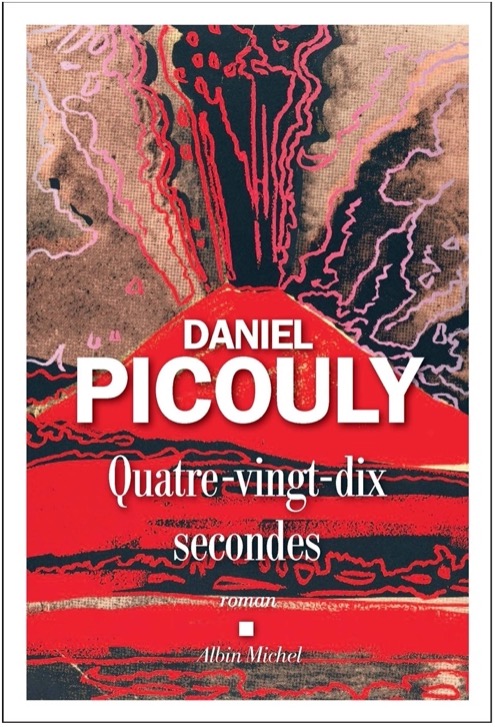This post is part of our Research Initiation Scheme for 2020-2021. It brings together write-ups, by three different undergraduate students, of presentations given as part of a Research in Progress Workshop by Postgraduate Research Students in Modern Languages on 26 February 2021. The talks covered were by Margaret Cunningham, Jordan McCullough, and Bushra Kalakh, and the workshop was chaired by Dr Ricki O’Rawe.
Margaret Cunningham, French
Anyone who has read a historical novel will know that fictional writing can recover and reinvent the past in ways which rejuvenate long forgotten narratives and perspectives. This quality of historical fiction is particularly important in post-colonial contexts where indigenous and local stories are too easily overlooked and silenced. In her talk on the 26th February, Margaret Cunningham (PhD student in French at QUB) gave a fascinating insight into this topic.

In a presentation entitled ‘Multiperspectivity and Memory: Rewriting Disaster in the French Caribbean’, Margaret addressed disaster literature in the French Caribbean, with particular focus on fictional accounts of the 1902 eruption of Mount Pelée on the island of Martinique. In this presentation, Margaret examined the ways in which Martinican author Daniel Picouly bears witness to and measures the cultural effects of this disaster in his book Quatre-vingt-dix secondes (90 Seconds).
The French Caribbean, Margaret explained, has a long history of suffering. Not only is it vulnerable to natural disaster, but French colonization meant that the islands have a turbulent history, rife with tyranny and social unrest. Because of this, there is a contentious social climate in Martinique, with controversy surrounding memories and intense debate over which anniversaries should be celebrated. Margaret argued that literature plays a crucial role in navigating debate surrounding Martinique’s troubled past and becomes a vehicle to produce new cultural memory. Through the fictional rewriting of real historical events, authors can recover and reinvent the past, repressing trauma and prioritizing certain perspectives and narratives.
Continue reading